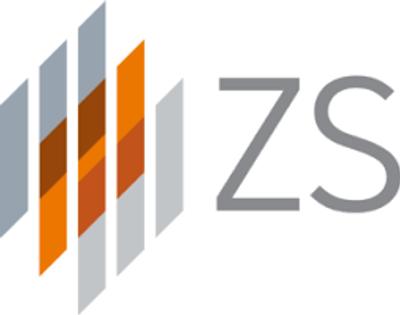
Building robust and reproducible bioinformatics pipelines for R&D with Nextflow
Read the full case studyAim
Develop efficient and scalable workflows to enhance target discovery, optimizing hands-on time and resources to streamline data interpretation.Challenges
- →In-house workflows using internal resources are often locked in to specific softwares and runtime configurations.
- →Lack of standardization and portability makes sharing of pipelines difficult, obstructing collaboration and widespread adoption.
- →Authors often cannot reproduce their own work due to updates to pipeline components.
— Bruce Press, Principal, ZS Discovery
Solution

Nextflow
scalable and adaptable workflows, containerization with portability.

nf-core
open-source pipelines and modules
Results
Nextflow enables bioinformatics workflows to be created and organized with containers. Each container’s output can feed into the next, creating a functional pipeline that maximizes resources through parallelization. This flexible, scalable approach uses a message-passing paradigm to run continuous checkpoints, tracking intermediate results. If interrupted, the pipeline can resume from the last successful step.
- →Accelerated time from data to insights
- →Shareable and reusable workflows
- →Enhanced reproducibility and portability
- →Resource optimization and cost-savings
Opportunity

Streamline the R&D lifecycle
Accelerate the time from pipeline-generated results to actionable scientific insights with seamless cross-team collaboration.

Reduce analytical processing time
Alleviate existing bottlenecks in workflow development and data analysis to reach conclusions more quickly.

Innovation in bioinformatics discovery
Analyze and manage large and disparate datasets with flexibility, portability, and enhanced efficiency.
About
ZS is a management consulting and technology firm focused on transforming global healthcare and beyond. We leverage our leading-edge analytics, plus the power of data, science and products, to help our clients make more intelligent decisions, deliver innovative solutions and improve outcomes for all. Founded in 1983, ZS has more than 13,000 employees in 35 offices worldwide.
To learn more, visit https://www.zs.com/